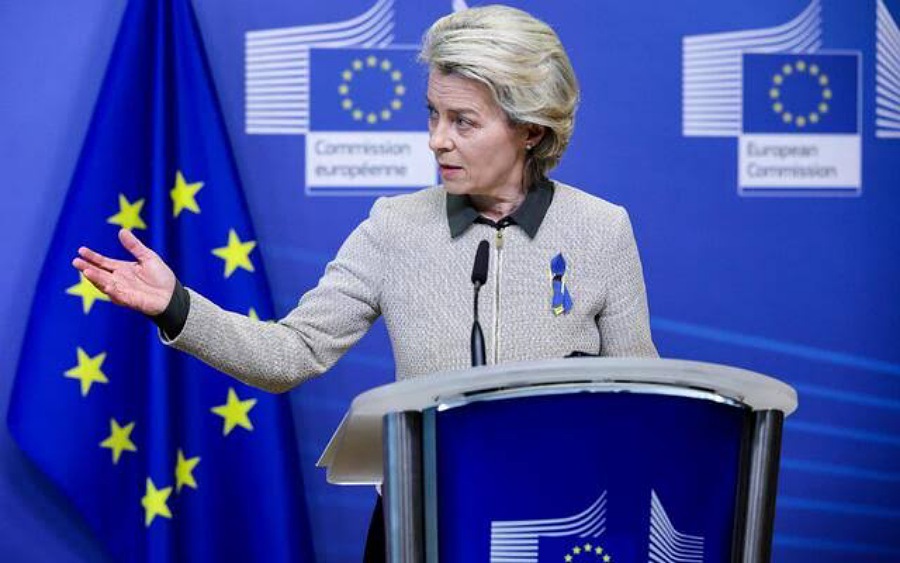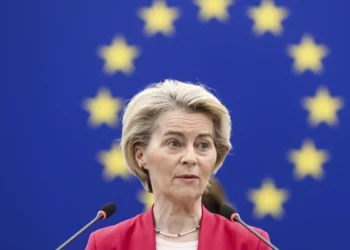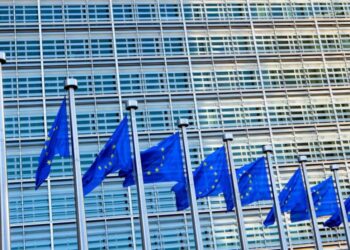As the continent scrambles for a united response to Russia’s weaponization of its energy resources, European Commission President, Ursula von der Leyen has cautioned corporations not to give in to Russia’s requests to pay for gas in rubles.
Nairametrics reported that Gazprom PJSC (GAZP) stopped the supply of gas to Poland and Bulgaria on Wednesday, following through on a threat to restrict supply if payments were not made in rubles.
The focus now shifts to how large consumers such as Germany and Italy react, with German Economy Minister, Robert Habeck saying that the potential of further cutoffs must be considered seriously.
Although Europe is trying to maintain a united front, a source disclosed to Bloomberg that some European corporations have now complied with Vladimir Putin’s requests.
What they are saying
European Commission President Ursula von der Leyen said, “Companies with such contracts should not accede to the Russian demands.” She added that “This would be a breach of the sanctions so a high risk for the companies.”
Robert Habeck, Vice-Chancellor of Germany said the continent had to be ready for a wider cutoff.
“Russia is showing that it’s ready to get serious, that if one doesn’t comply with supply contracts or payments, they’re ready to put a stop to gas deliveries,” he said.
He added, “We have to take that seriously, and that also goes for other European countries. I take that seriously.”
What you should know
- Last month, Russian President, Vladimir Putin enacted a law requiring international gas buyers to pay in roubles or face having their supplies shut off. He claimed that this was necessary because if they paid in hard currency, Moscow would be unable to access the funds due to Western sanctions over Ukraine.
- In effect, foreign gas customers must open ruble and hard currency accounts with Gazprombank, which will collect their payments in foreign currencies and convert them to rubles through auctions on a Moscow exchange.
- Energy payments are made in phases, and Poland appears to have been one of the first countries to receive a bill in rubles. Uniper, a German-based does not have to pay until late May.
- However, Uniper told the newspaper, Rheinische Post on Thursday that they would be transferring payments for Russian gas to a Russian bank and no longer to a Europe-based bank.
Yesterday European gas prices jumped more than 20% as traders processed the abrupt change and assessed which countries might be next. Benchmark Dutch futures soared as much as 24% to 127.50 euros per megawatt-hour, the highest level since April 1.




















